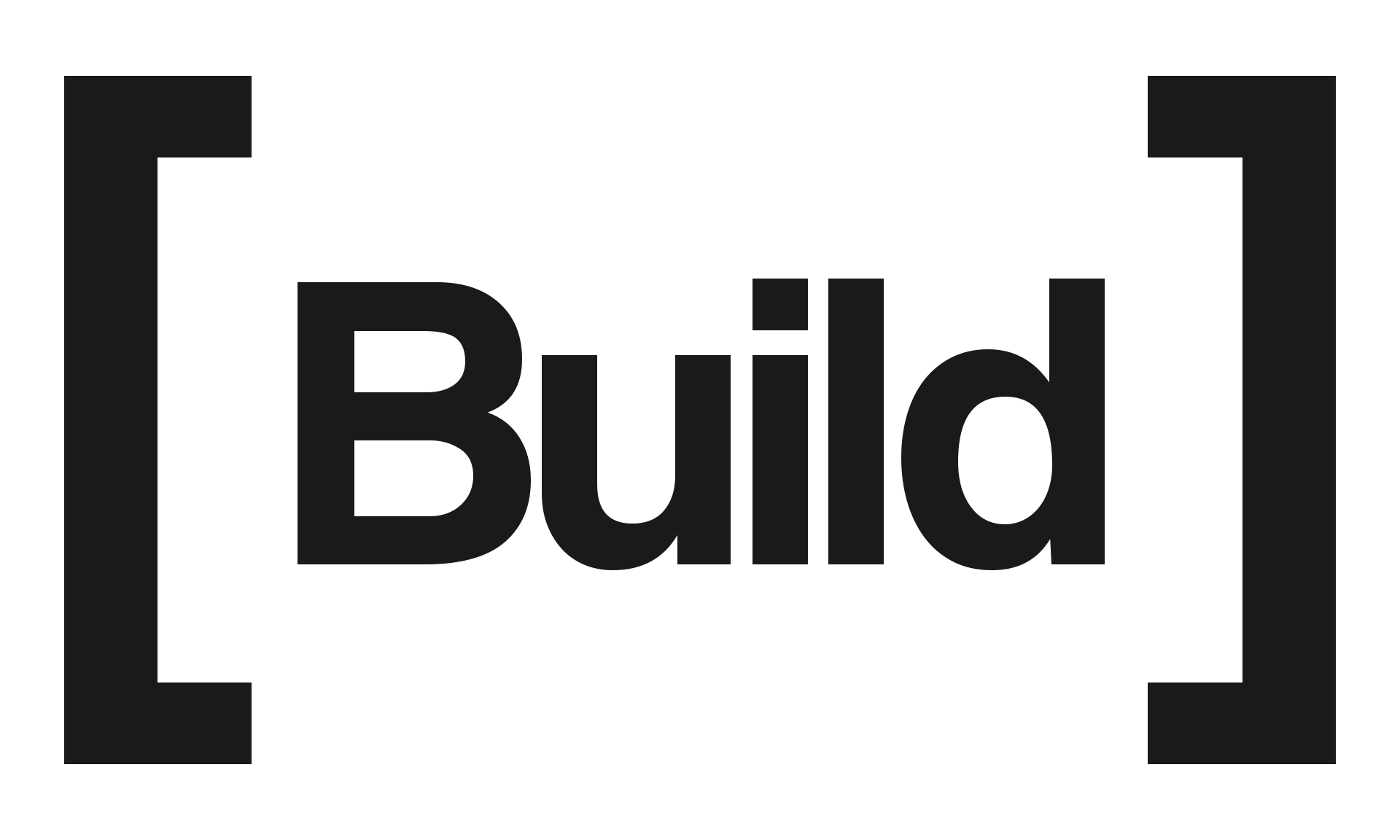The Chicago Personal Property Lease Transaction Tax

For businesses operating in Chicago, the Chicago Personal Property Lease Transaction Tax (PPLTT) is a significant regulation that must be understood and complied with. This tax, traditionally applied to tangible personal property leases (such as real estate and furniture), has expanded over the years to include digital goods and services, impacting industries that rely heavily on software and cloud services. Software companies, in particular, face unique challenges and considerations under the Chicago Personal Property Lease Transaction Tax due to the nature of their products and services.
In this post, we’ll dive into how the Chicago Personal Property Lease Transaction Tax applies to software companies and what steps businesses can take to remain compliant.
What is the Chicago Personal Property Lease Transaction Tax?
The Chicago Personal Property Lease Transaction Tax (PPLTT) is a tax imposed on the lease or rental of personal property within the city. The tax was originally designed to capture revenue from the leasing of physical items such as vehicles and equipment. However, over time, the definition of “personal property” has broadened to include intangible property such as software licenses, cloud services, and other digital goods.
The current tax rate is 9% and applies to the total lease or rental payment made by the lessee. This tax impacts any business that leases personal property or software within the city, or even from outside the city, as long as the property is used within Chicago.
How Does the Tax Apply to Software Companies?
For software companies, the PPLTT applies specifically to the leasing or licensing of software and other related services. This includes:
Leased Software Licenses: If your company offers software licenses on a subscription basis or through other lease agreements, the PPLTT may apply to these transactions.
Cloud-Based Services: Chicago has extended the PPLTT to include cloud services, such as Software-as-a-Service (SaaS), Platform-as-a-Service (PaaS), and Infrastructure-as-a-Service (IaaS). This means that if a company provides access to cloud-based tools or platforms, those services are subject to the tax if they are consumed within the city.
Digital Content and Software Delivery: Even if your company offers downloadable software or online content, if the license or access is leased to customers based in Chicago, the PPLTT will apply.
For example, if a Chicago-based business leases cloud storage or a customer relationship management (CRM) software from a company outside of Chicago, the lessor is required to collect the 9% tax from the lessee.
Types of Software Services Subject to the Tax
Several categories of software and digital services fall under the Chicago PPLTT:
- SaaS: Software-as-a-Service platforms, such as online accounting software, CRM platforms, and email marketing tools.
- Cloud Storage Services: Services providing remote storage for data and backups.
- Streaming and Licensing of Digital Content: Companies offering streaming services, digital content subscriptions, or other access to intangible products.
- Custom Software Solutions: Software companies that develop and lease custom software to their clients on a recurring or subscription basis.
This tax is applicable even if the software or services are hosted on servers outside of Chicago, as long as the service is used by businesses or individuals within the city.
Compliance Challenges for Software Companies
One of the biggest challenges software companies face is determining whether the tax applies to their services. The line between taxable and non-taxable services is often blurred, especially in the digital age where products may not fit traditional definitions of personal property. For instance:
Hybrid Products: Many software solutions involve both tangible and intangible components. For example, a company that provides software with hardware support may need to determine how the tax applies to the different elements of the product.
Usage Outside of Chicago: A software company based outside of Chicago, but selling licenses to customers who use their software in the city, may need to collect and remit the tax. This can create additional compliance burdens, especially for businesses unfamiliar with Chicago’s tax rules.
Subscription Models: With the rise of subscription-based services, software companies need to consider how the recurring nature of their billing interacts with the tax. Each subscription payment could trigger a tax liability.

Need Help Getting Your Startup's Accounting and Taxes Streamlined, Simplified, and Headache-Free?
Schedule a Free Consultation Today
What Can Software Companies Do to Stay Compliant?
Navigating the PPLTT can be complicated, especially for software companies that operate on a global or national scale. Here are a few steps software companies can take to ensure compliance with the tax:
Determine if Your Services are Taxable
Work with a tax professional to determine which of your services are subject to the PPLTT. While the tax clearly applies to SaaS and other cloud-based services, certain exemptions and nuances may reduce your tax burden.Understand Your Customers’ Locations
Since the tax applies based on the location of the lessee, it’s important to understand where your customers are located. If you have customers using your software or services within Chicago, you may need to start collecting and remitting the tax.Collect the Tax from Lessees
If you determine that your product or service is subject to the PPLTT, you are responsible for collecting the 9% tax from your Chicago-based customers. The tax should be added to their invoice, and it’s important to keep clear records of the tax amounts collected.File Monthly Returns
Businesses subject to the PPLTT must file monthly tax returns with the City of Chicago. These returns must include the gross receipts from taxable transactions, and the tax collected must be remitted to the city.Keep Detailed Records
Proper documentation is essential to comply with the PPLTT. Maintain clear records of all transactions, customer locations, tax collected, and filed returns. This will be critical in case of an audit by the city.
Small Business Exemption
The small business exemption provides relief from the Chicago Personal Property Lease Transaction Tax for businesses that meet specific size and revenue criteria. Essentially, this exemption is designed to ease the tax burden on smaller businesses that may not have the financial resources to absorb the cost of the PPLTT.
Under this exemption, businesses that qualify are not required to pay the 9% tax on leases and rentals of personal property, including digital goods like software licenses and cloud services.
To qualify for the small business exemption, businesses must meet the following criteria:
Revenue Threshold: The business must have annual gross receipts of $25 million or less. This threshold includes total sales and receipts across all sources of revenue.
City of Chicago Business License: The business must hold a valid and current business license issued by the City or another jurisdiction.
5 Years: Have been in operation for fewer than 60 months.
If any of these factors are not met, the company becomes ineligible for the exemption and must pay the full 9% tax.
Other Common Exemptions
There are certain situations where the PPLTT may not apply to software companies. For example:
Custom software development that is not leased or rented but transferred as a service or sale may not be subject to the tax.
Non-commercial licenses: Software provided for personal, non-commercial use may be exempt from the tax, depending on the specific circumstances.
It’s important to work with a tax expert to identify any possible exemptions that may reduce your company’s tax burden.
Conclusion
For software companies, the Chicago Personal Property Lease Transaction Tax presents unique challenges, especially as more businesses move to cloud-based and subscription models. Understanding how the tax applies to software licenses, cloud services, and digital products is crucial for maintaining compliance and avoiding penalties.
If your software company does business in or with customers from Chicago, consider consulting with a tax professional to ensure you are meeting all PPLTT requirements. Staying compliant not only protects your business from audits but also positions you for smoother operations as you expand your services.
If you need help navigating the complexities of the Chicago Personal Property Lease Transaction Tax or managing your accounting processes, feel free to reach out to Build Accounting and get started for expert advice tailored to your industry.
Like this Content and Want More Like it?
Sign up for helpful tips to reduce your taxes, receive tax deadline reminders, and get free resources, guidance, and walkthroughs sent right to your email.
About the Author

Brett Rosenstein
Founder of Build Accounting
Certified Public Accountant
Brett is the founder and president of Build Accounting where he provides accounting, tax filing, and CFO services for tech startups and SaaS businesses. His goal is to make the accounting and tax process as simple, streamlined, and headache-free for business founders as possible.
Brett received a Bachelor of Science in Business Administration from The Ohio State University. He is also a Certified Public Accountant.
When Brett is not working, he is running, biking, spending time with his wife and daughter, or trying new pizza places.
Schedule a Free Trial!
Get started today by scheduling a call to see how we can help your tech startup or SaaS business. We’ll respond as soon as possible.
By submitting this contact form, you consent to receive email communications from Build Accounting, including our newsletter with quick time and tax saving tips. You may opt-out at any time.

